Salt-Free Alternatives: Foods to Eat When Cutting Down on Salt
Reducing salt intake can be a great way to improve health and manage conditions like high blood pressure. While salt adds flavor to food, there are plenty of alternatives that can enhance your meals without the need for added sodium.
By choosing fresh, natural ingredients and exploring different flavor combinations, you can enjoy tasty meals without worrying about excess salt. Here are several alternatives that can help you cut down on salt while still enjoying a satisfying taste in your food.
Fresh Fruits

Fresh fruits are naturally low in sodium and packed with essential vitamins and minerals. Enjoying a variety of fruits like apples, oranges, berries, and melons can satisfy your sweet cravings and provide a healthy snack option.
Many fruits are also hydrating, offering a refreshing taste without the need for added salt. Try incorporating them into smoothies, salads, or as a simple snack.
Fresh Vegetables
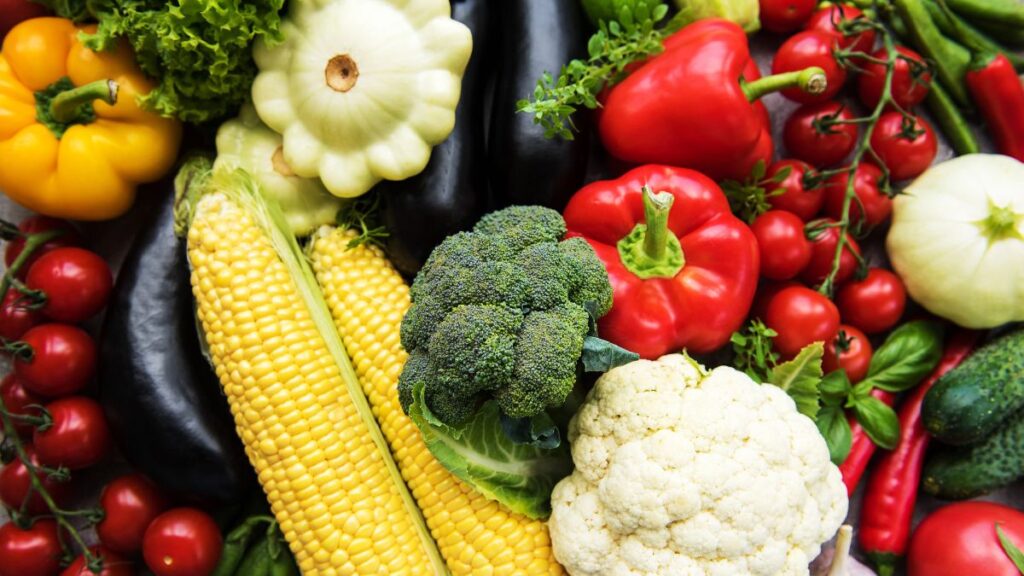
Fresh vegetables are another excellent choice when reducing salt. Vegetables like spinach, broccoli, carrots, and bell peppers are rich in fiber, antioxidants, and nutrients. These veggies can be steamed, roasted, or eaten raw, providing a satisfying, naturally salty taste without extra sodium. Adding a mix of colorful vegetables to your meals can boost flavor and nutritional value.
Herbs and Spices
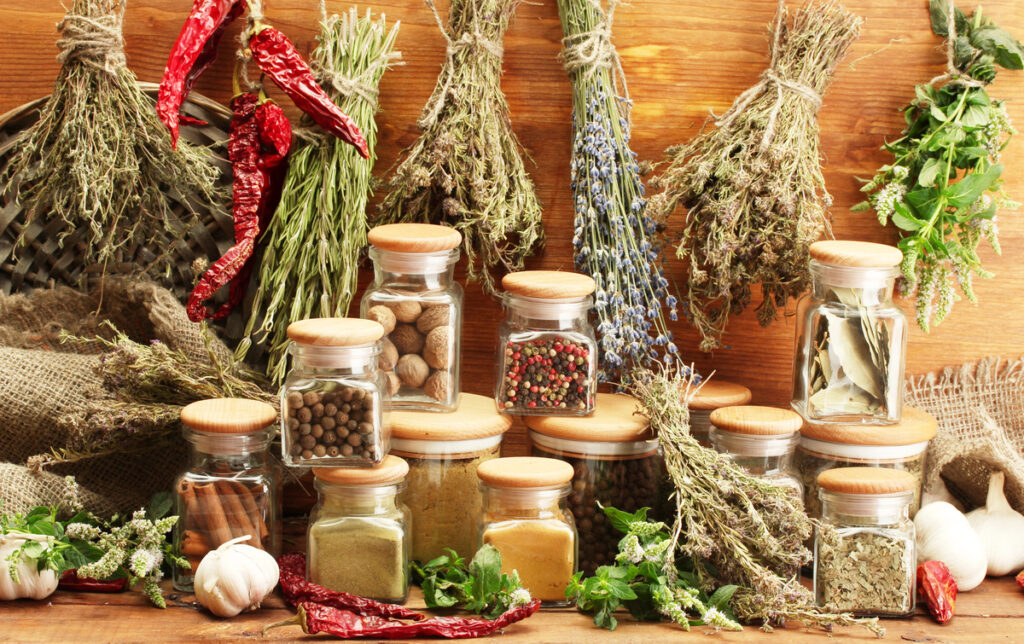
Herbs and spices are powerful salt-free alternatives that can elevate the flavor of your dishes. Fresh herbs like basil, rosemary, thyme, and cilantro can add complexity and aroma to your food. Spices such as paprika, cumin, and garlic powder can also give dishes a savory depth without relying on sodium. Experimenting with different combinations of herbs and spices can help you find flavors you enjoy.
Lemon and Lime
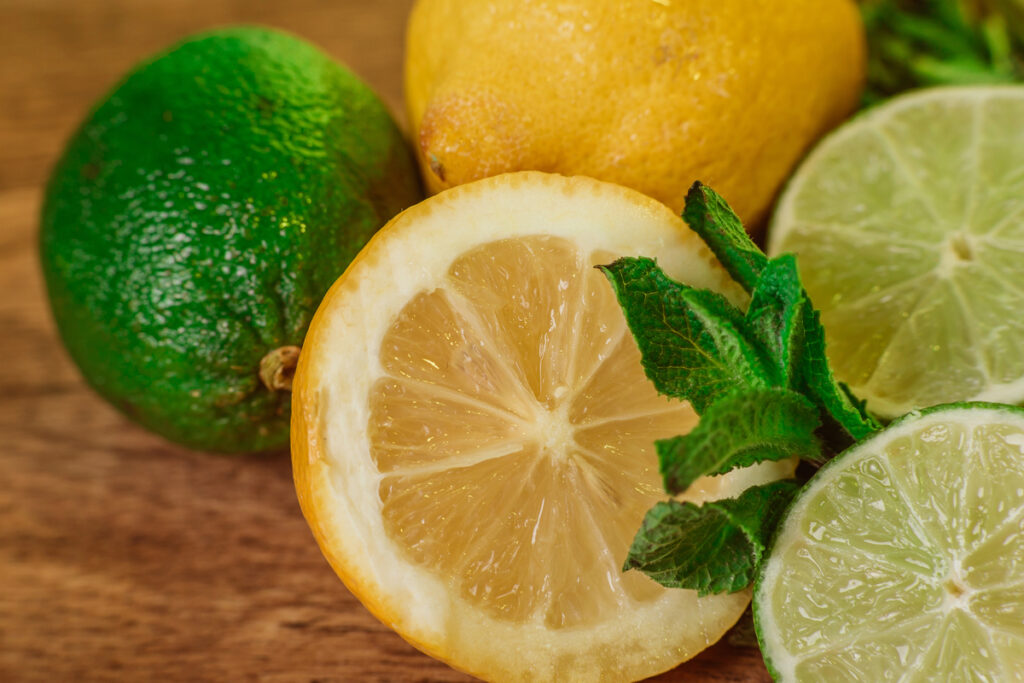
Citrus fruits like lemons and limes can add a zesty kick to your meals, replacing the need for salt. The tangy flavor of lemon juice or lime zest can brighten up salads, fish, and roasted vegetables. Citrus also works well in marinades and dressings, providing a burst of flavor without any added sodium.
Vinegar

Vinegar, especially varieties like balsamic, apple cider, and red wine vinegar, can enhance the taste of dishes while keeping them low in sodium. The acidity of vinegar helps to balance flavors in sauces, dressings, and salads. A splash of vinegar can give your meal an extra dimension, making it taste savory without needing salt.
Salt-Free Seasoning Blends
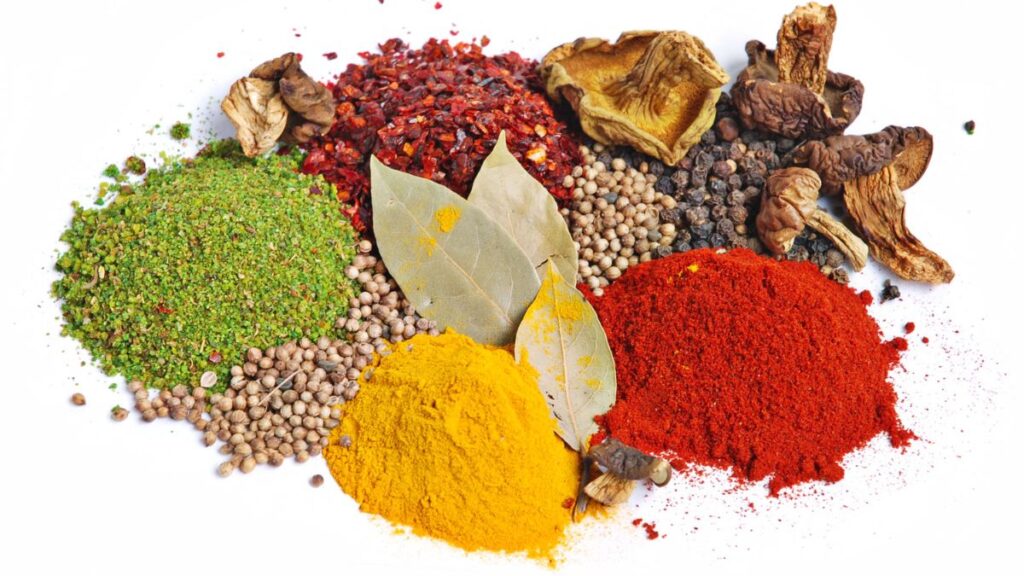
Many seasoning blends are available without added salt, allowing you to add flavor to your meals without sodium. These blends typically combine dried herbs, spices, and flavorings that can help you replicate the savory depth that salt provides. Look for blends labeled “salt-free” or create your own by mixing garlic powder, onion powder, and paprika for a flavorful alternative.
Garlic
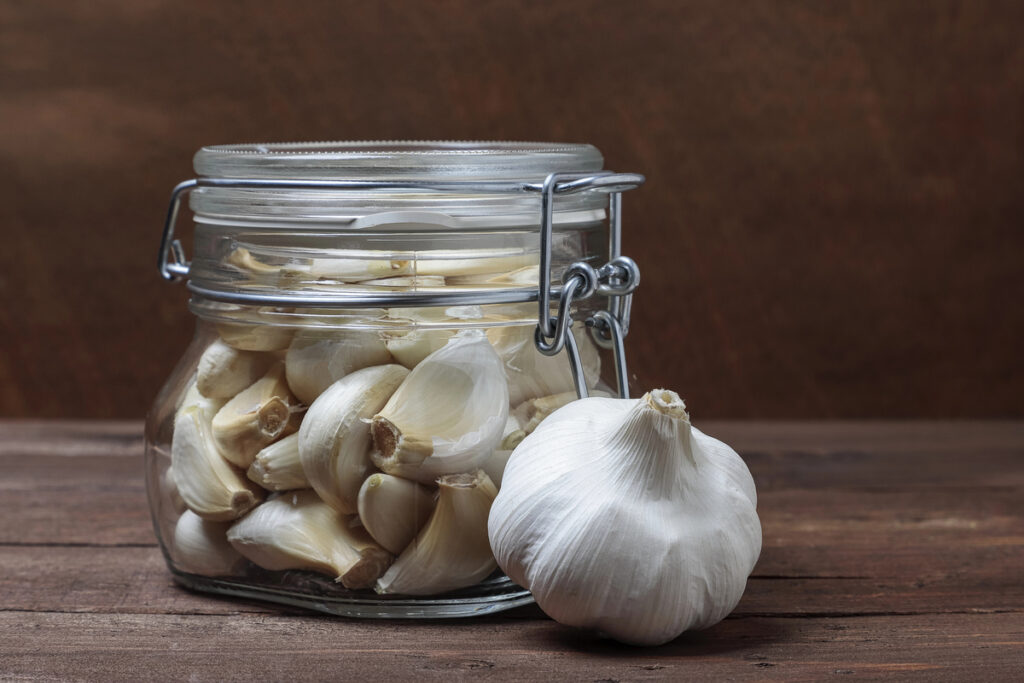
Garlic is a flavorful and aromatic ingredient that can replace salt in many dishes. It adds a savory, slightly sweet taste that can complement a variety of foods, from pasta to stir-fries. Fresh garlic, garlic powder, and garlic salt alternatives can all be used to season meals without the need for additional sodium.
Salt-Free Broths
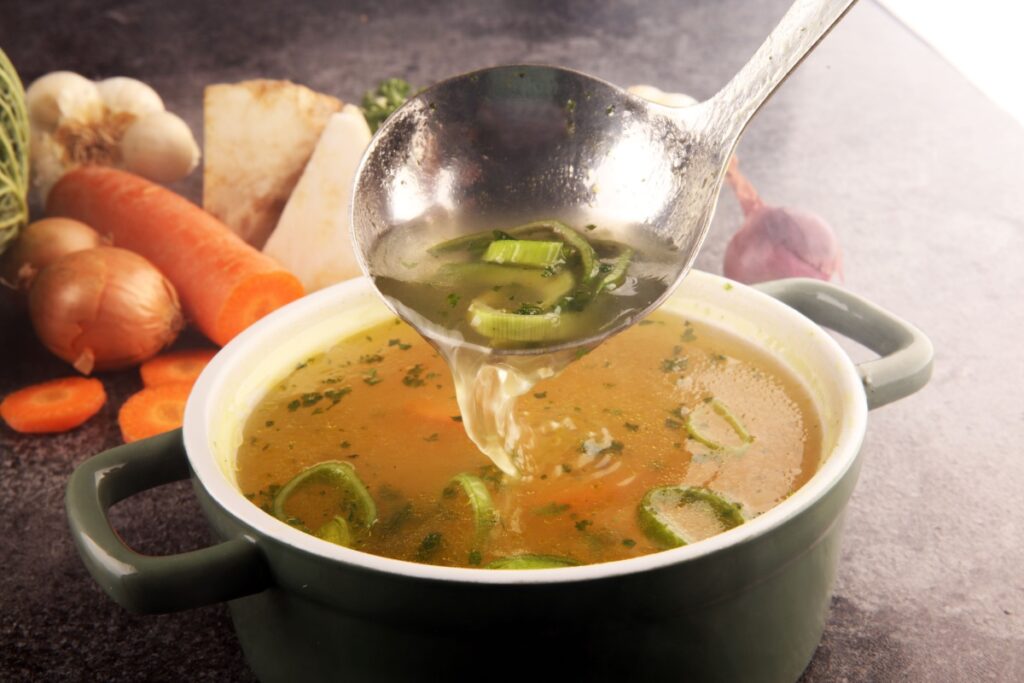
Salt-free broths, whether vegetable, chicken, or beef, are a great way to add richness and depth to soups, stews, and sauces. These broths offer a savory base for your dishes, without contributing extra sodium. You can find low-sodium or salt-free versions at most grocery stores or make your own at home using fresh ingredients.
Unsweetened Yogurt
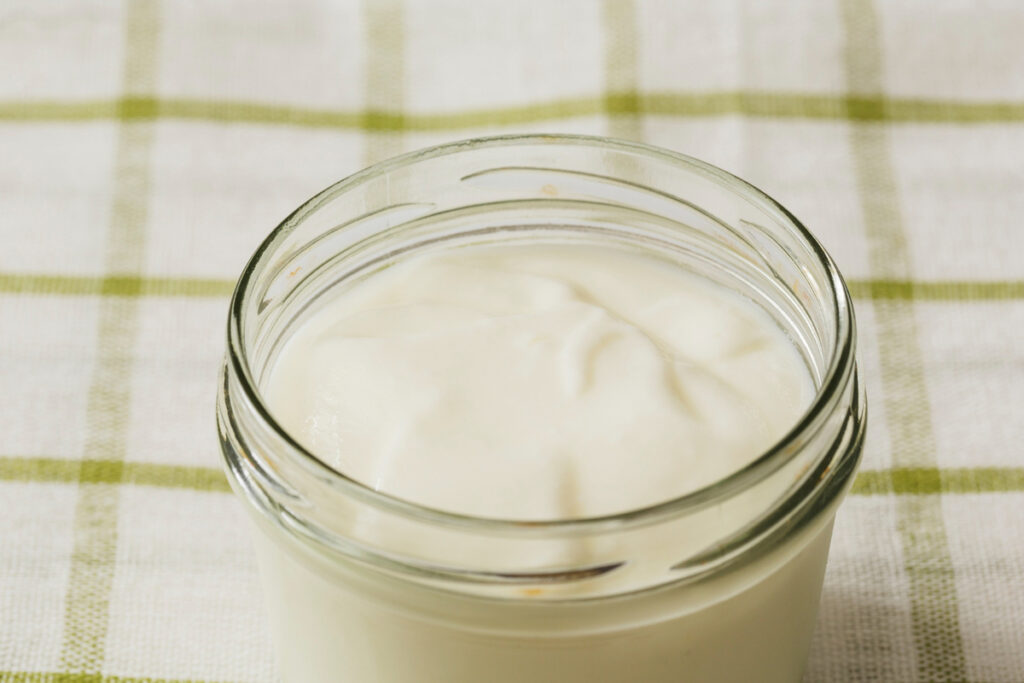
Unsweetened yogurt can serve as a healthy, creamy base for dips, dressings, and sauces without relying on salt. It’s a great way to add texture to dishes like salads or grilled vegetables, while also providing probiotics for digestive health. Pair it with fresh herbs or a squeeze of lemon for extra flavor.
Avocados
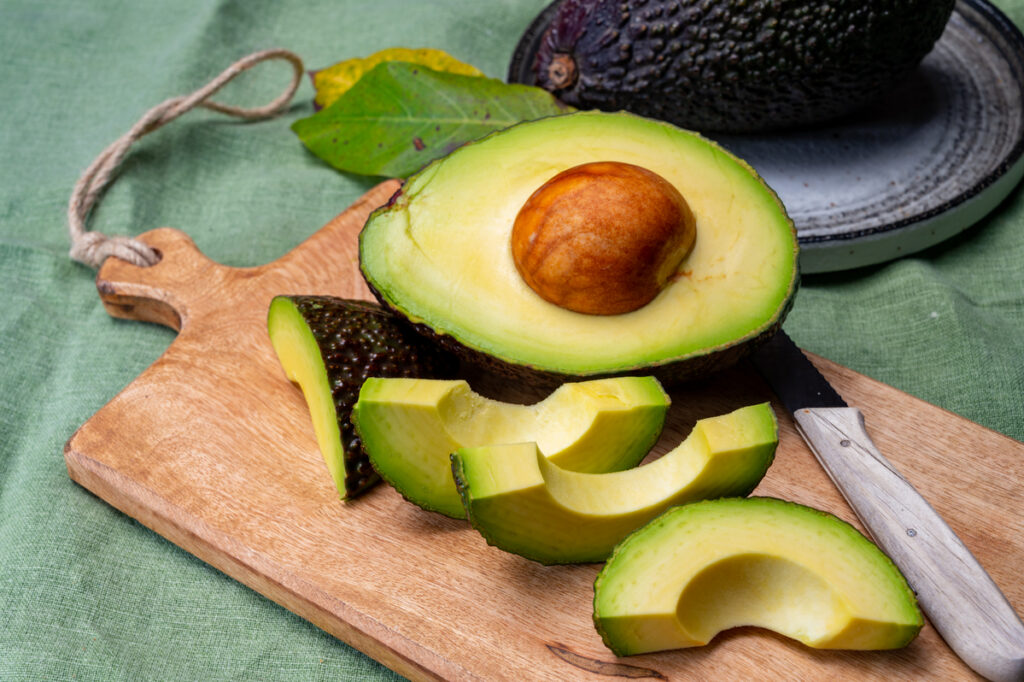
Avocados are a creamy, nutritious alternative to foods that typically rely on added salt for flavor. Their mild taste makes them versatile, perfect for spreading on toast, mixing into salads, or using as a base for dips like guacamole. The healthy fats in avocados also help keep you satisfied while avoiding the need for salt.
Nuts and Seeds
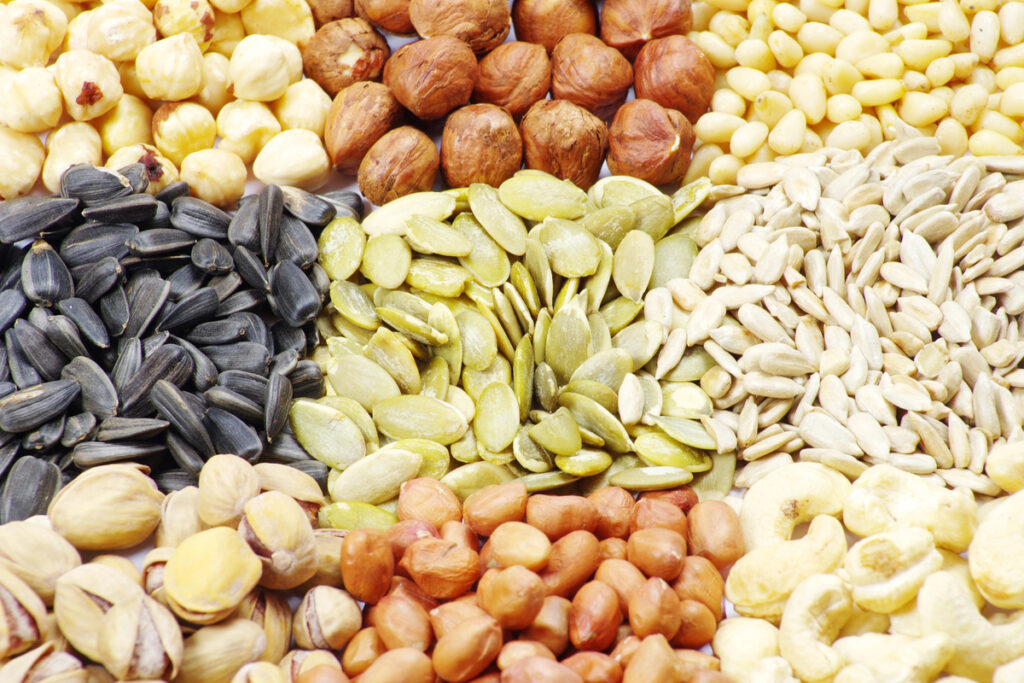
Nuts and seeds, such as almonds, walnuts, chia, and sunflower seeds, are naturally low in sodium and packed with healthy fats and protein. They can be a great addition to your meals, offering a satisfying crunch and nutty flavor without the need for added salt. Sprinkle them on salads, yogurt, or smoothies for extra texture and nutrition.
Coconut
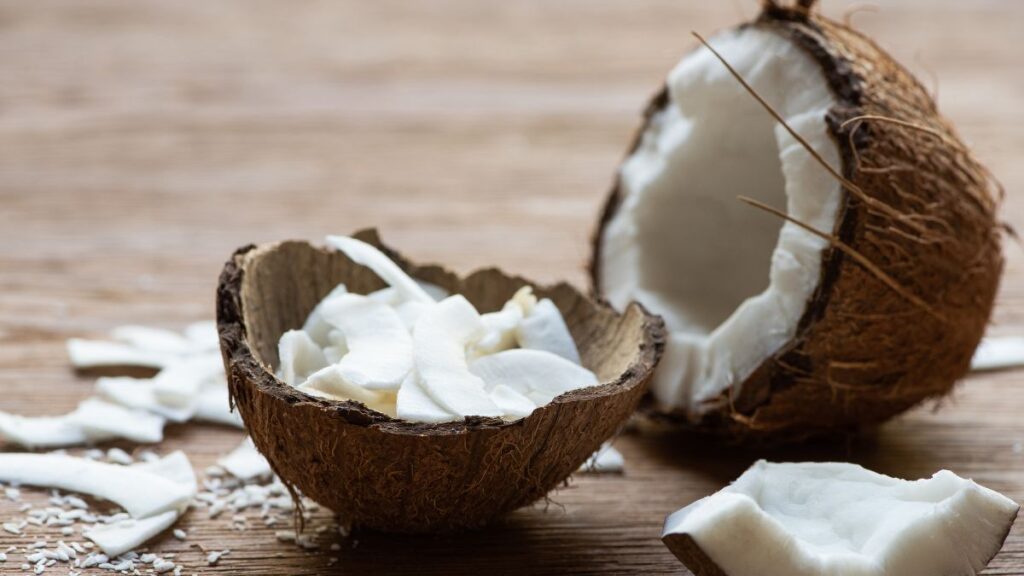
Coconut, in its various forms, offers a naturally sweet and savory flavor that can replace salt in many dishes. Whether using coconut milk in curries or shredded coconut in baked goods, this versatile ingredient adds flavor and moisture to meals. Coconut oil can also be used for cooking, giving a slight coconut flavor that works well in both sweet and savory recipes.
Seaweed
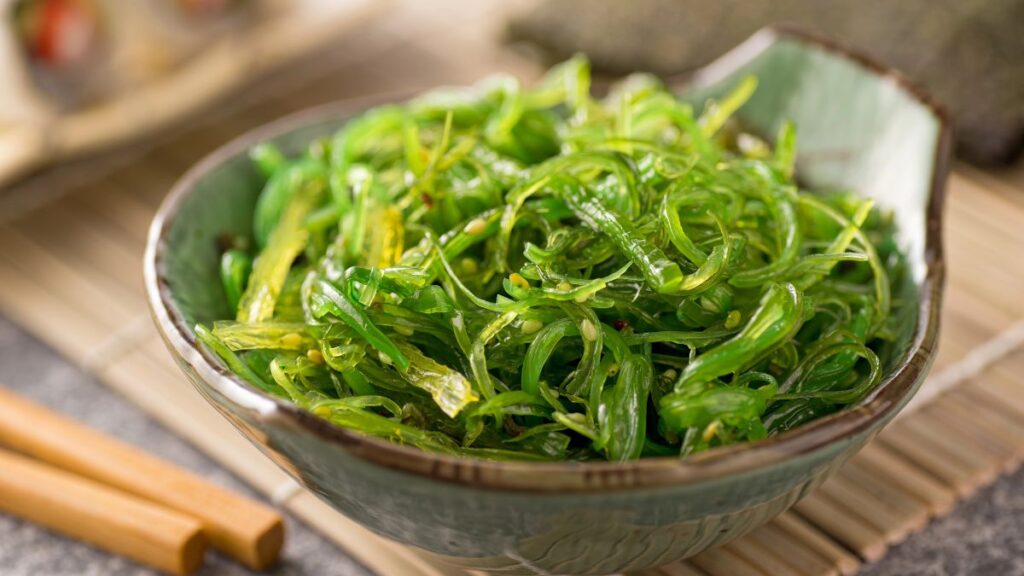
Seaweed, such as nori, kelp, or wakame, offers a salty taste without the added sodium. It’s rich in iodine and other essential minerals, making it a healthy addition to salads, soups, and sushi. You can even snack on roasted seaweed snacks, which provide a salty crunch without the guilt.
Tomatoes
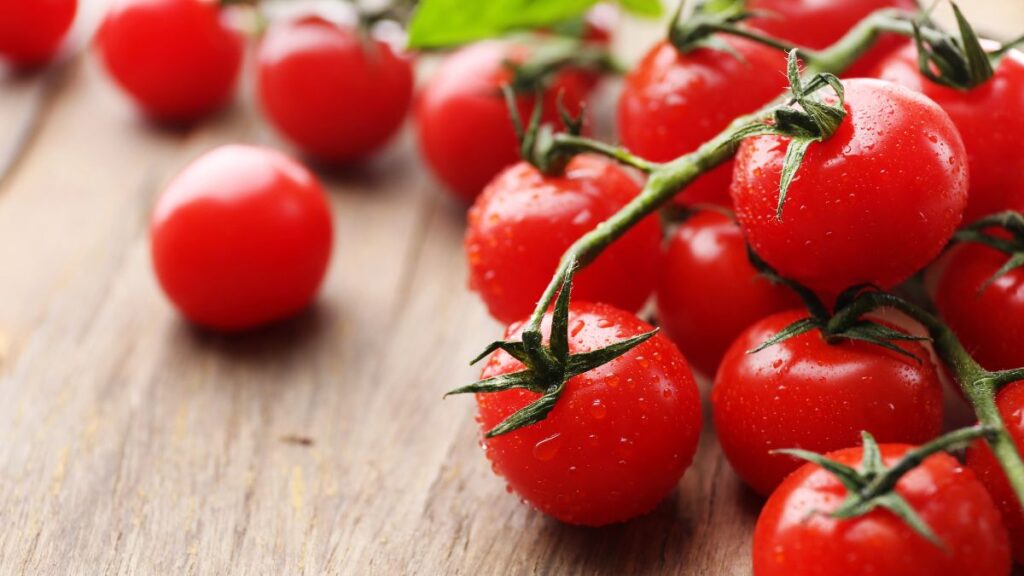
Tomatoes are naturally rich in flavor, and they can replace salt in many savory dishes. Whether you’re using fresh tomatoes, tomato paste, or canned tomatoes (without added salt), this fruit can add depth and umami to sauces, soups, and stews. Roasting tomatoes can also bring out their sweetness, which helps balance flavors in dishes.
Mustard
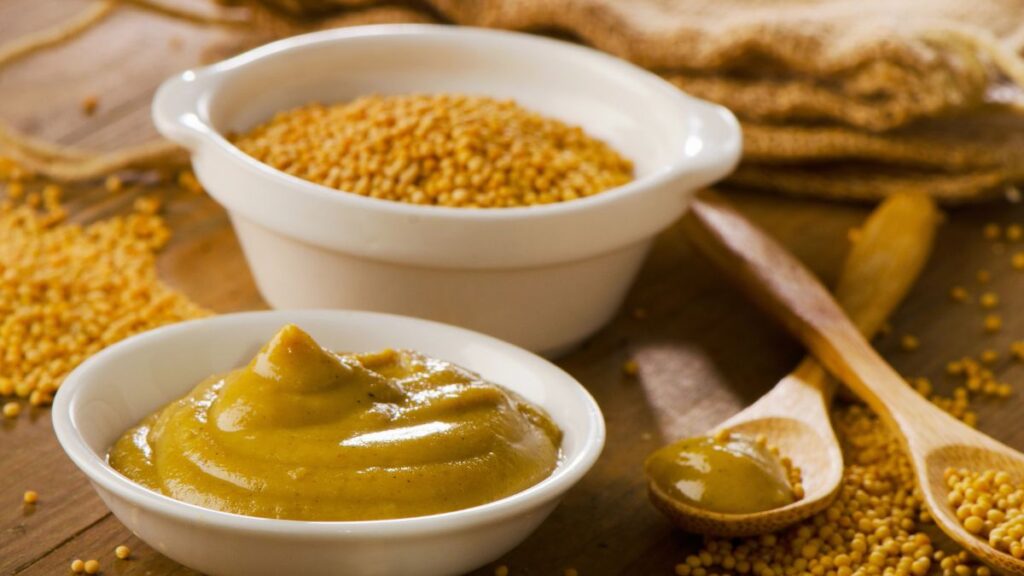
Mustard is a tangy, flavorful condiment that can replace salt in sauces, dressings, and marinades. It adds a bit of heat and complexity to food without overwhelming the dish. Choose mustard varieties that don’t contain added sugar or sodium for the healthiest option.
Baked Sweet Potatoes

Baked sweet potatoes are a nutritious and naturally sweet alternative to salty side dishes like fries or baked potatoes. The natural sugars in sweet potatoes can provide a satisfying flavor without the need for added salt. They can be seasoned with herbs, spices, or a drizzle of olive oil for a delicious, salt-free side dish.
15 Budget-Friendly Foods to Stretch Your Paycheck

Living paycheck to paycheck can be challenging, especially when it comes to affording nutritious food on a tight budget. However, many affordable and nutrient-rich foods can help stretch your dollars without sacrificing your health.
15 Budget-Friendly Foods to Stretch Your Paycheck
20 Foods No One Can Afford Anymore Due To Inflation

With the ever-rising living costs, some foods have become luxury items that only the wealthiest can afford. From exotic delicacies to once-affordable staples, the price hikes have made certain foods out of reach for the average consumer.







